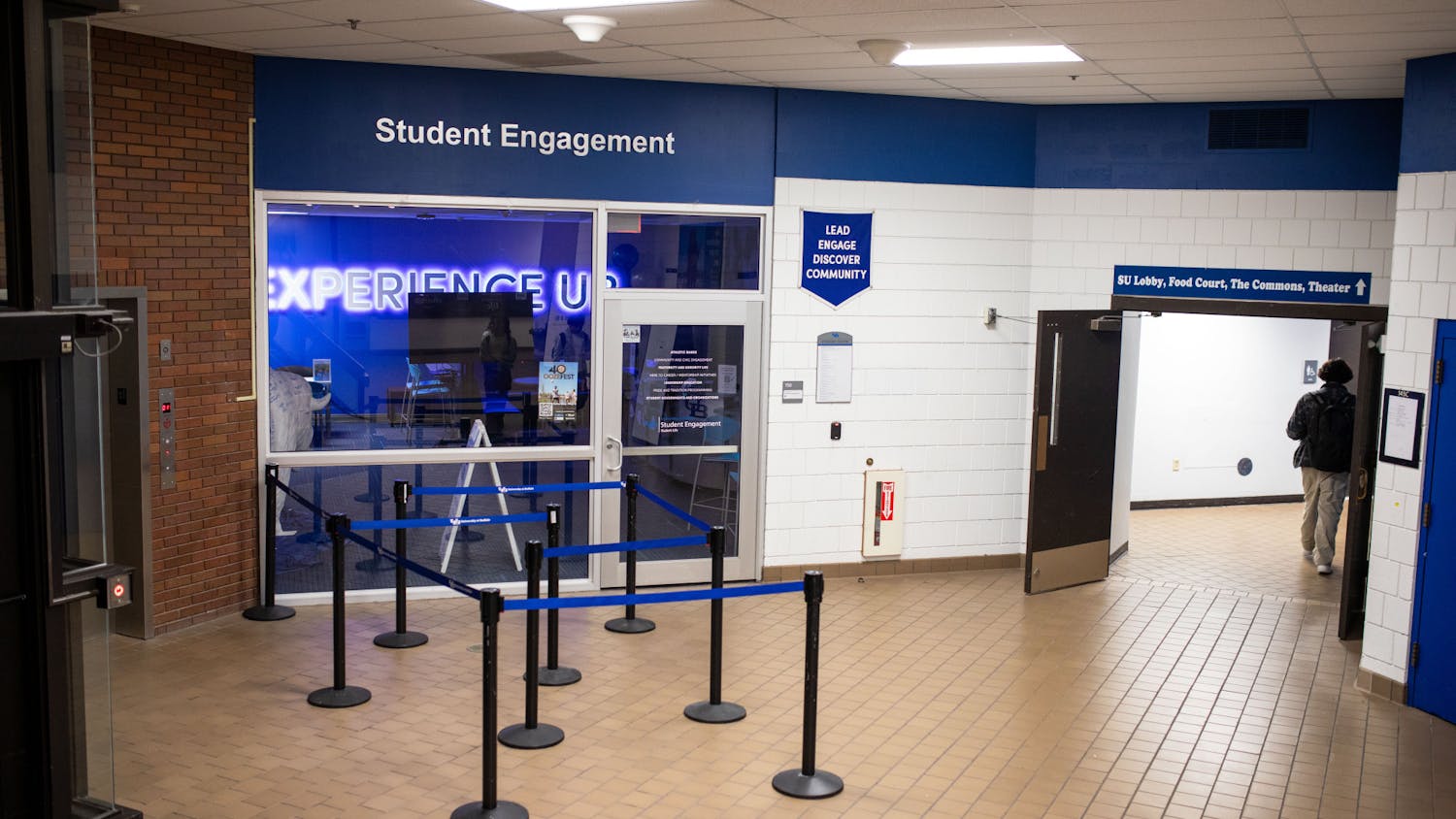For students pursuing unconventional studies, UB's special majors program offers a way to design a major appropriate for their academic needs.
To become a special major, students must draw up a proposal defining their ideal major and presenting a curriculum supportive of that plan. The curriculum can include academic courses, extracurricular activities and even courses not offered by the university. The student is also responsible for attaining two credible faculty sponsors who support the proposal.
"The responsibility for the formulation, the design, selecting sponsors, is a student initiative," said John Riszko, director of special major services.
Robert Durham Lewis, a senior special majoring in biomedical science with a concentration in anthropology and philosophy, called the application process tedious, but not difficult.
"I had a clear thesis," said Lewis. "I thought it was a positive experience all the way around."
After the completed proposal is submitted, Riszko presents it to the Special Majors Committee, which meets at least three times a semester to review special major proposals. A proposal can be approved, provisionally approved, deferred or rejected.
"[The committee] uses the meeting to deliberate, discuss everything about a proposal looking at its merits, its weaknesses . We make suggestions to students to remedy these weaknesses," said Riszko.
Approved proposals are sent to the dean of the College of Arts and Sciences for signature and the student is officially entered in the university as a special major. Provisional approval means the student must make the recommended alterations and re-submit the proposal to the committee chair, who sends the proposal to the dean for final approval.
A deferral is given if the proposal requires substantial reworking prior to submission for re-evaluation. A proposal is rejected if the committee does not consider the proposed major academically viable, although rejection is rare. In that event, the student would need to reformulate the entire major concentration.
"The committee is really a pro-student committee. It's a faculty committee . who care for undergraduate standards," added Riszko.
According to Tina Chuck, a senior currently applying for a special major in healthcare systems management, the special majors advisor was very supportive of her efforts. Chuck's proposal was deferred on the first attempt, but she said Riszko helped her make the necessary changes to her proposal.
Chuck said that despite the assistance from the special majors service, formulating her own major still required "a lot of work and personal research."
The special major is only available within the CAS, but allows students to explore many subject areas within the arts and sciences. Distinct majors have been created in fields ranging from Judaic Studies to Denmark-Design and Business.
Sometimes, a popular special major can eventually become an accepted field of study.
"Indeed, there have been several programs that started out as special majors and have since received, from Albany, the approval to confer degrees . [such as] dance, musical theater dance, musical theater. Yet they started out years ago as special major topics of concentration," said Riszko.
The special major is becoming increasingly popular, said Riszko, with an average of 35 students graduating each year with a personalized major. More information about the special majors program is available at 275 Park Hall or at http://wings.buffalo.edu/cas/students/specialmajors/special.htm.




